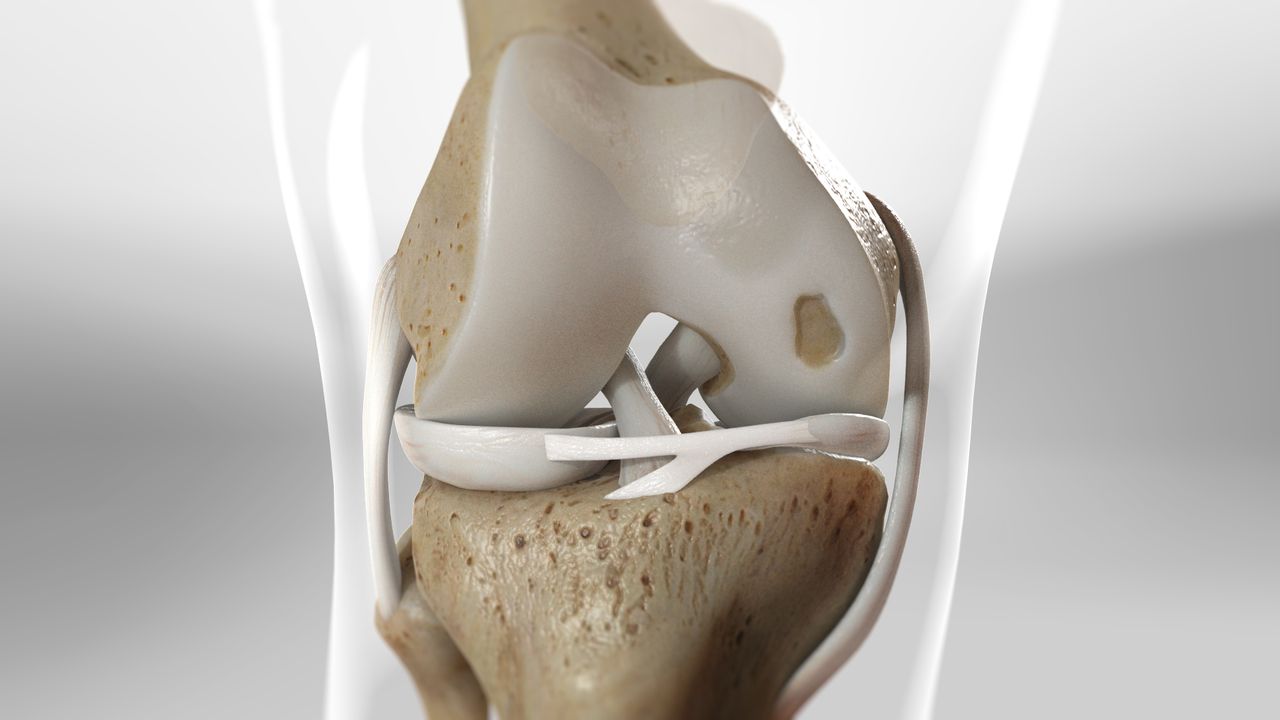As medical science advances, the approach to treating joint damage has evolved beyond traditional surgeries. Cartilage restoration combined with orthobiologics represents one of the most promising frontiers in orthopedic medicine, offering patients new hope for joint preservation and enhanced healing.
Understanding Cartilage Damage
Cartilage damage can occur from:
- Sports injuries
- Repetitive stress
- Aging
- Trauma
- Inflammatory conditions
Once damaged, cartilage has limited natural healing ability due to its poor blood supply. This is where modern restoration techniques and orthobiologics come into play.
Revolutionary Treatment Options
- Advanced Cartilage Restoration Techniques Our advanced restoration procedures include:
- MACI (Matrix-Induced Autologous Chondrocyte Implantation) • Uses patient’s own cartilage cells • Grows new tissue in a laboratory • Implants cells on a special membrane
- Osteochondral Autograft Transfer • Transfers healthy cartilage from low-weight-bearing areas • Provides immediate structural support • Uses patient’s own tissue
- Microfracture • Creates tiny fractures in underlying bone • Stimulates natural healing response • Promotes new cartilage growth
- The Power of Orthobiologics Orthobiologic treatments enhance the body’s natural healing processes:
Platelet-Rich Plasma (PRP)
- Concentrated healing factors
- Natural anti-inflammatory properties
- Promotes tissue regeneration
- Minimal recovery time
Stem Cell Therapy
- Regenerative potential
- Natural healing promotion
- Tissue repair capabilities
- Long-lasting results
The Combined Approach
What makes this treatment revolutionary is the combination of surgical expertise with biological healing:
- Precise surgical techniques
- Enhanced natural healing
- Reduced recovery time
- Better long-term outcomes
- Lower risk of complications
Who Can Benefit?
This approach is particularly effective for:
- Athletes with sports injuries
- Active adults with early joint wear
- Patients with isolated cartilage damage
- Individuals seeking alternatives to joint replacement
- Those with chronic joint pain
The Treatment Process
- Comprehensive Evaluation
- Advanced imaging
- Functional assessment
- Treatment planning
- Risk evaluation
- Customized Treatment
- Procedure selection
- Biological augmentation
- Recovery protocol
- Progress monitoring
- Rehabilitation
- Structured physical therapy
- Graduated return to activity
- Long-term monitoring
- Preventive strategies
Looking to the Future
The field of cartilage restoration and orthobiologics continues to evolve:
- New biological treatments
- Advanced surgical techniques
- Improved delivery methods
- Enhanced understanding of healing
Success Stories and Outcomes
Research shows promising results:
- High patient satisfaction rates
- Improved function
- Reduced pain levels
- Delayed need for joint replacement
- Better quality of life
Conclusion
Cartilage restoration combined with orthobiologics represents a significant advancement in joint care. This innovative approach offers hope to patients seeking alternatives to traditional joint replacement, particularly those wanting to maintain an active lifestyle.


Leave a Reply